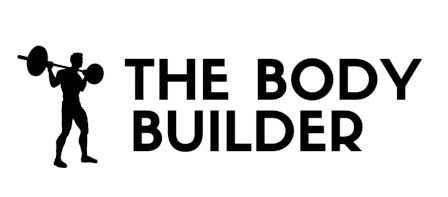INTRODUCTION
If you are a lifter, fitness addict and would like to keep your diet during the holy month of Ramadan while fasting there are some interesting facts you need to know, Ramadan intermittent fasting will accelerate a fat loss or a fat gain, so it can work both ways, the reason behind that, is your body metabolism will act faster as there is a nutritional thrust due to the intermittent fasting.
That is why we see bodybuilders after Ramadan with so much fat gain or others with lost muscles and some stay lean or even leaner and keep their muscle mass, and that is exactly what we want; let us find out …

HOW TO MAINTAIN MUSCLES:
If you follow those simple rules in Ramadan you will most probably maintain your shape
1. HEALTHY IFTAR:
During Iftar time and after a long day with no food, your body will need an adequate amount of protein, carbs, and fibers
And does not need any fats or sugar as those will just fill you up with no nutritional value
So, keep it simple and clean
e.g.
1 (lean steak of beef, basmati rice, veggies)
2 (chicken, brown pasta, salad, and veggies)
3 (fish, brown bread, veggies)
2. STAY HYDRATED:
Most people will fill their stomach with water and juices post the IFTAR, well first of all you need to drink a cup every 30 minutes rather than taking a liter in one go, and we know we will be craving juices but again keep your calories low as your body will tend to store lots of fat in that period because of the intermittent fasting and because you already had your carbs
So, no added sugar fruit juice and diet soda will be a great choice
3. REPLACE DESSERTS WITH SUGAR FREE ONES
As fasting accelerates the craving feelings there is a way to break that with making delicious sugar free low-calorie desserts will do the trick so making a little delicious diet dessert post IFTAR will cut the sugar craving without the guilt
check our healthy banana mug cake recipe below…
4. COMPACT WORKOUT:
As you already had enough time fasting and just a few meals in the evening you should make your workout very compact and short period, so stick with small rest between sets and a maximum of one hour of lifting
5. NEVER SKIP CARDIO:
As you eat only in the evening your body will tend to add fats so, To counter that you must do cardio post lifting so a 20 to 30 minutes cardio will just keep pushing your metabolism in that few hours window
6. MEALS POST IFTAR:
As your metabolism slows down because of fasting you must raise that metabolism post IFTAR so you can have two or three meals every few hours and it all depends to where you live, so having a digestive post IFTAR will be great , with some cardio in place will keep your metabolism high
If you can have one, two or three meals keep them very low calories and high protein, you do not need more carbs or fats in those meals unless you start to feel down and remember no more desserts or juices as those will add unnecessary caolries
Having more fibers like carrots will keep you full during the day too.
7. SUHOR TRICKS:
During Suhor you need to consume a long-lasting food and that will keep your energy high during the day so add the following for a perfect suhor.
- Cottage cheese (long-lasting casein protein)
- Eggs (complete protein)
- Steak
- Oats (long-lasting carb)
- Fibers (carrots, broccoli)
- Humos
FAQs
How do I train my body for Ramadan?
During Ramadan, adjust your training to focus on moderate intensity workouts, schedule exercise sessions after Iftar or before Suhoor to maintain energy levels, stay hydrated, and ensure adequate nutrition during non-fasting hours for recovery and energy maintenance.
How to maximise fat loss in Ramadan?
To maximize fat loss during Ramadan, focus on maintaining a calorie deficit, eat a balanced diet with lean proteins, vegetables, and whole grains during non-fasting hours, stay hydrated, and incorporate moderate exercise, preferably after Iftar.
Can I gain muscle in Ramadan?
Yes, you can gain muscle during Ramadan by focusing on nutrient-rich meals during Suhoor and Iftar, maintaining a high protein intake, performing strength training exercises, and ensuring adequate rest and recovery.

